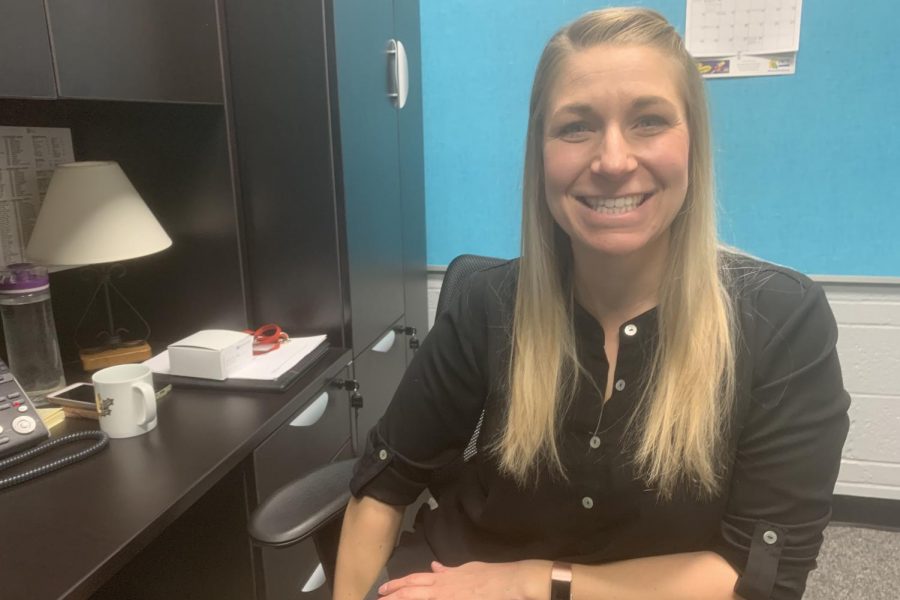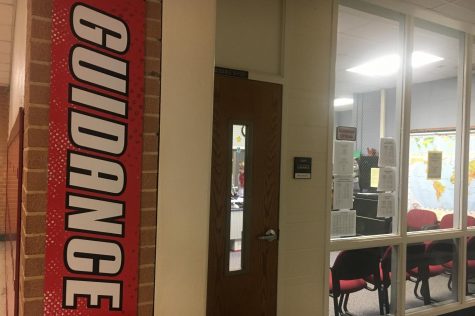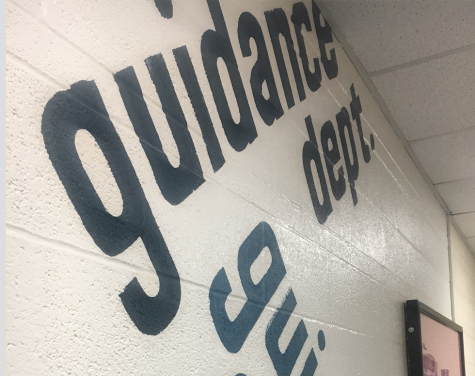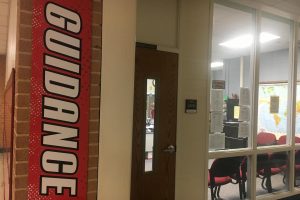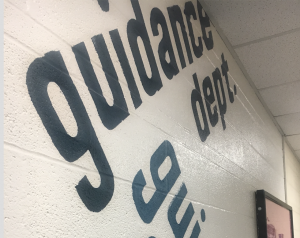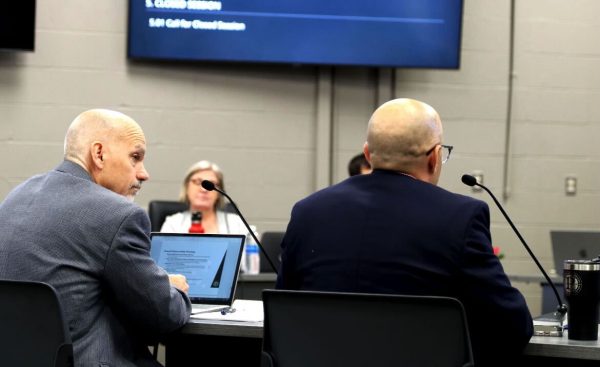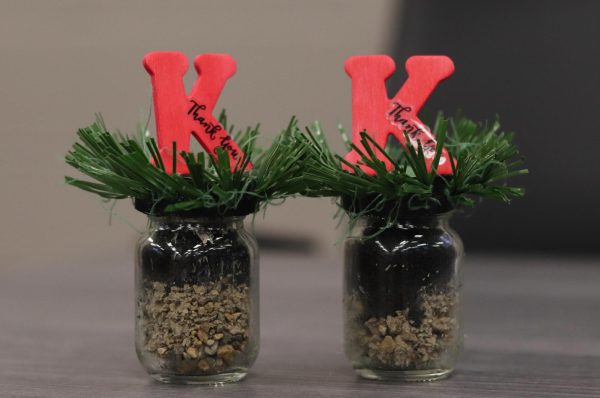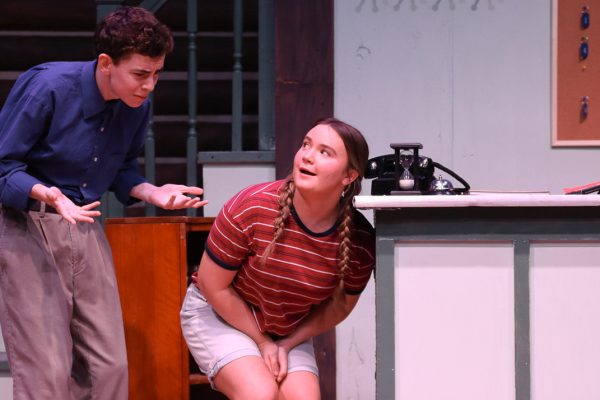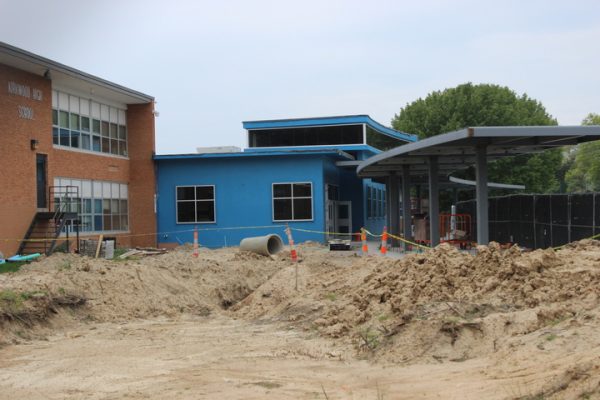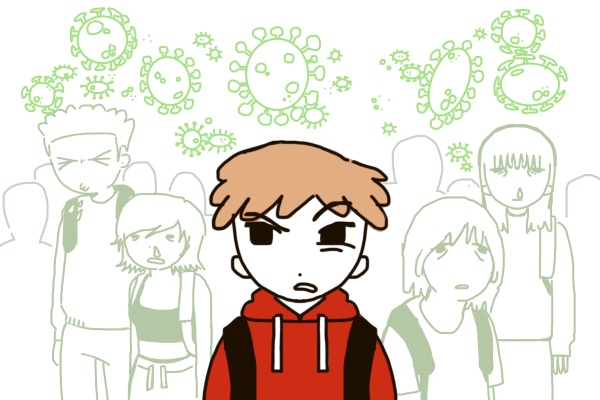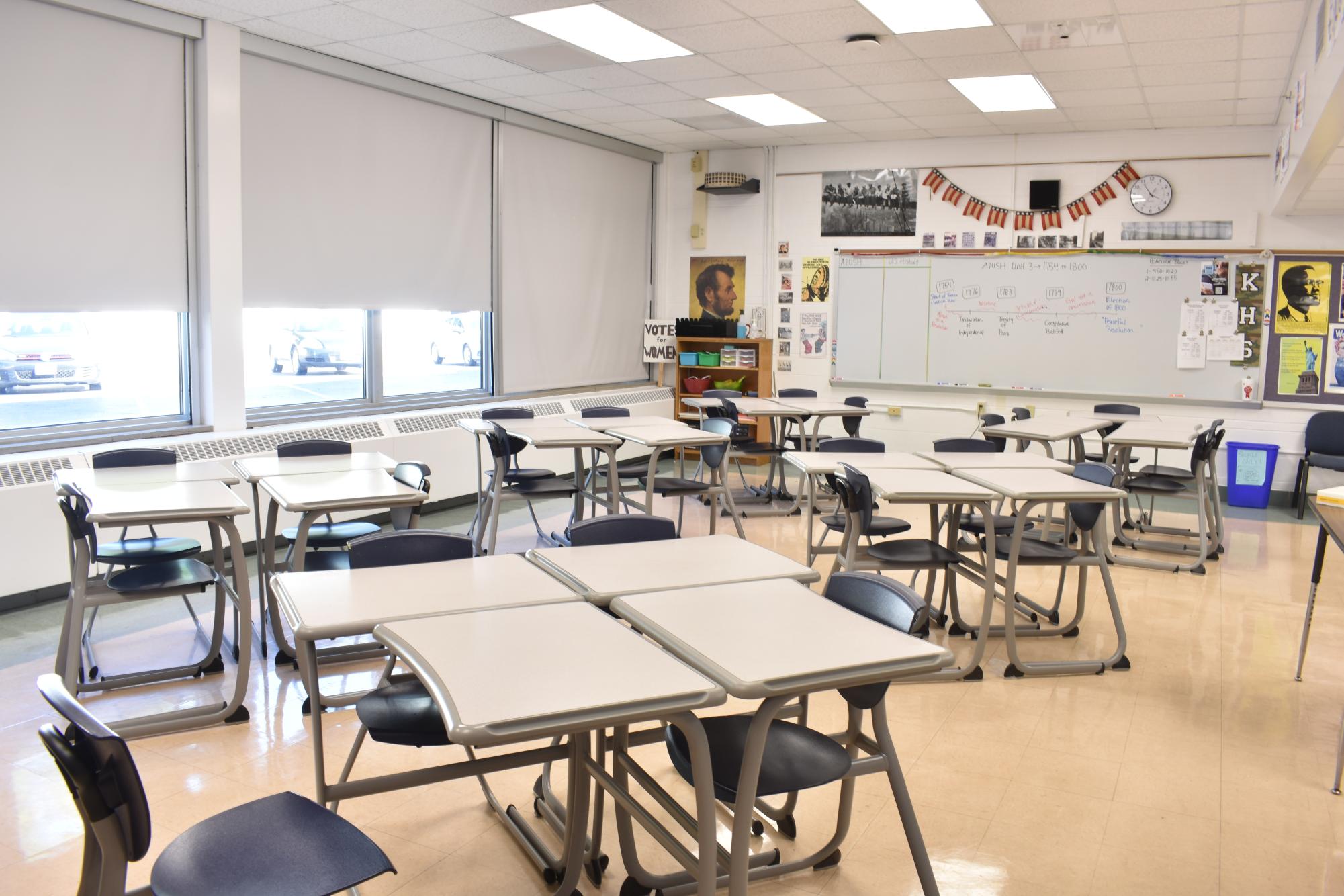Q&A with educational support counselor Sara Gibbs
photo by Izzy Colón
KSD, in partnership with BJC, recently completed the hiring process for a new educational support counselor (ESC). Sara Gibbs began her position as ESC at KHS in early January. TKC asked her a few questions students may have:
TKC: Can you describe the hiring process to become an ESC?
Gibbs: I applied through BJC. They did a phone interview and a screening, but once I passed that I also had a panel interview with [KSD] and BJC. It was a pretty stringent interview process; I’d say it took around four to five weeks. There were also other structural changes going on throughout BJC, they were changing supervisors during that time, so it was a little bit of a delayed process.
TKC: What did you do before getting hired as an ESC?
Gibbs: I worked for NCADA, the National Council for Alcoholism and Drug Abuse, which was a big focus on substance abuse. I worked with the KSD and other districts around the area for kids that would get in trouble for substance use at school or prior to school. Prior to that my counseling experience was working with the seriously mentally ill. I worked with people who were suffering from schizophrenia or severe bipolar along with poverty or were in and out of the mental health hospitals or jail systems.
TKC: What should KHS students know about your job?
Gibbs: The BJC ESC is here for additional support for behavioral and emotional needs and crisis intervention, to address the mental health needs that are beyond what a school counselor is designed or trained to deal with. The kids that are identified to have a mental health history within the district may need a higher level of support, so the job we have is to offer that support and to give a place that they can go.
TKC: Why is having an ESC in a high school setting important?
Gibbs: School is a very stressful environment for teenagers, especially now. There are a lot of studies that show stress levels in high schools are at an all-time high and I think the use of some healthy coping skills has decreased over the years. With that combination, the need for additional support within the high school is very important, so [students] can succeed and have better health and well-being. [Students] are here the majority of their day and the majority of stressors come from school and the high demands of education, so having that support here at school is a good place for a student to feel independent and come talk about anything that’s bothering them.
TKC: What is your favorite part about your job so far?
Gibbs: I feel like my favorite part of the job and what I’ve developed so far is the relationships I have with the students. I’ve been in counseling positions before and the ongoing relationship just isn’t there, but here there is that relationship of being able to pop in and check in on somebody that was having a bad day or seeing them in the halls and being able to put a smile on their face.
TKC: What are you most looking forward to about your job going forward?
Gibbs: I’m excited to be a part of the Kirkwood culture because I’ve already experienced just how enthusiastic you guys are about your school. And just being able to build those relationships with students throughout their four years in high school.
Your donation will support the student journalists of Kirkwood High School. Your contribution will allow us to purchase equipment and cover our annual website hosting costs.
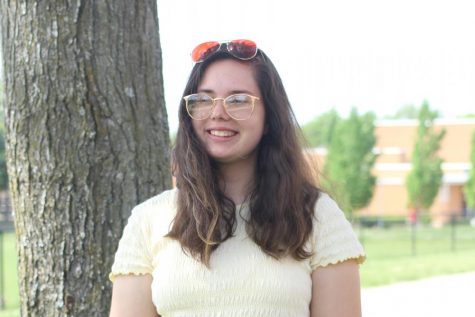
Interests: writing, chillin with Deb Lavender, listening to music
Favorite food: Sushi <3
Favorite quote: "yeehaw" -myself
If you had to be another...


